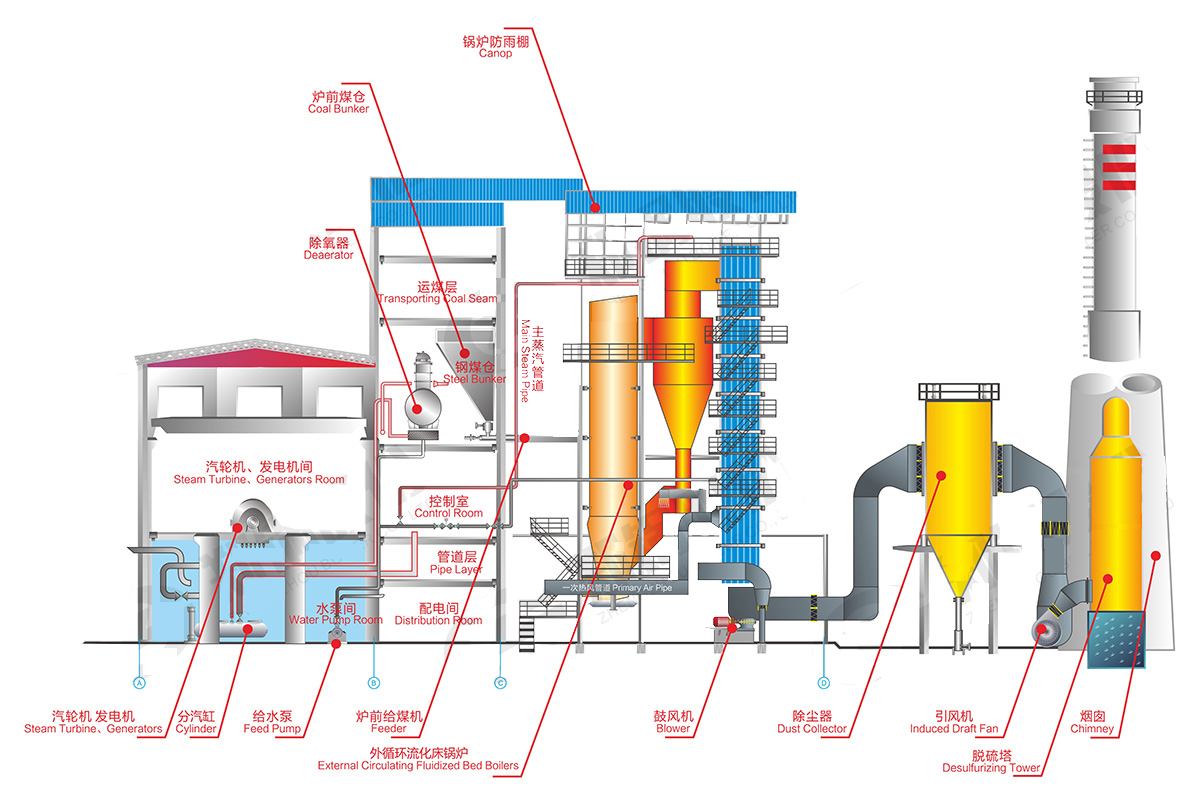Finding a trustworthy plumber is crucial for maintaining the comfort and functionality of your home. Whether you’re facing a leaking faucet, a burst pipe, or planning a major bathroom renovation, hiring the right professional ensures quality work, cost-efficiency, and peace of mind. This article will guide you through essential tips to help you choose the best plumber for your home needs.
Why Hiring the Right Plumber Matters
A qualified plumber does more than fix immediate problems. They offer long-term solutions, prevent future issues, and ensure compliance with local building codes. A poor plumbing job can lead to water damage, mold, and expensive repairs. Therefore, making an informed choice is not just about convenience—it’s about protecting your investment.
Research and Referrals
Start With Recommendations
Word of mouth is often the most reliable way to find a good plumber. Ask friends, family, neighbors, or colleagues who they’ve hired in the past. Personal referrals provide insight into the plumber’s reliability, professionalism, and pricing.
Check Online Reviews
Use online platforms such as Google, Yelp, or Angie’s List to find reviews and ratings. Pay attention to consistent patterns—positive or negative. A plumber with many high ratings and detailed customer feedback is likely to be a safer choice.
Verify Credentials
Licensing and Certification
Always ensure the plumber is licensed to work in your area. Licensing typically requires passing exams and meeting minimum experience requirements, ensuring they understand local codes and regulations.
Insurance and Bonding
A reputable plumber should carry liability insurance and be bonded. This protects both you and the plumber in case of accidents, damages, or incomplete work.
Evaluate Experience and Specialization
Years in Business
A plumber with several years of experience is likely to have encountered a variety of issues, making them more adept at diagnosing and solving problems efficiently.
Specialties
Some plumbers specialize in residential work, while others focus on commercial or industrial plumbing. Make sure the plumber you hire has experience with the specific type of job you need.
Get Transparent Estimates
Compare Multiple Quotes
Don’t settle for the first quote you receive. Get at least three estimates to understand the going rates and compare services offered. Make sure the quotes are detailed and itemized.
Understand What’s Included
A good estimate should include labor, materials, permits, and potential additional costs. This prevents surprises later on and helps you budget effectively.
Check for Guarantees and Warranties
Service Guarantee
A reliable plumber will stand by their work. Ask whether they offer a satisfaction guarantee or will return to fix any issues that arise shortly after the service.
Product Warranties
If parts or appliances are involved, ask about warranties. Some plumbers use higher-quality parts that come with better warranties, which may justify a slightly higher price.
Consider Availability and Emergency Services
Quick Response Time
Plumbing emergencies can’t wait. Choose a plumber who offers emergency services or has flexible availability. Response time is critical, especially in situations like burst pipes or sewage backups.
24/7 Support
Some plumbing issues arise outside regular business hours. A plumber offering 24/7 support can be a lifesaver during late-night or weekend emergencies.
Assess Professionalism and Communication
First Impressions
How a plumber handles your initial inquiry—whether by phone, email, or in person—can indicate their professionalism. Look for clear communication, punctuality, and a respectful attitude.
Detailed Explanations
A good plumber takes the time to explain the issue and walk you through possible solutions. They should be transparent and patient, not pushy or dismissive.
Inspect the Equipment and Technology
Modern Tools
A plumber who uses modern tools and diagnostic equipment can often resolve issues more efficiently. Inquire about the technology they use, especially for detecting leaks or clearing clogs.
Cleanliness
Plumbing can be messy, but a professional plumber respects your home. They should use protective gear, clean up after the job, and ensure everything is left in good order.
Review Contracts and Paperwork
Written Agreement
Before any work begins, ask for a written agreement that outlines the scope of work, timeline, materials, and total cost. Never rely on verbal promises.
Invoices and Receipts
Make sure you receive detailed invoices and receipts for all payments made. This documentation is essential for warranty claims and future reference.
Look for Local Presence
Support Local Businesses
Hiring a local plumber supports your community and often results in quicker service. Local plumbers are more familiar with regional building codes and have a vested interest in maintaining their reputation.
Easier Follow-up
If any follow-up work is needed, a local plumber can typically return more quickly than a large, regional chain or distant contractor.
Ask the Right Questions
To make an informed decision, ask questions like:
- Are you licensed and insured?
- Do you charge a flat rate or hourly?
- What’s your estimated timeline for completion?
- Do you have references I can contact?
- What happens if I’m not satisfied with the work?
The answers will help you assess the plumber’s reliability and professionalism.
Red Flags to Watch Out For
- Unwillingness to provide proof of license or insurance
- Vague or incomplete estimates
- Pressure to make quick decisions
- Lack of references or poor reviews
- Unprofessional demeanor or poor communication
If any of these signs appear, it’s best to move on and continue your search.
Final Thoughts
Choosing the right plumber doesn’t have to be overwhelming. With a careful approach, you can find a reliable professional who delivers quality work at a fair price. Take the time to do your research, verify credentials, and ask the right questions. The result will be peace of mind and a home plumbing system you can count on.



